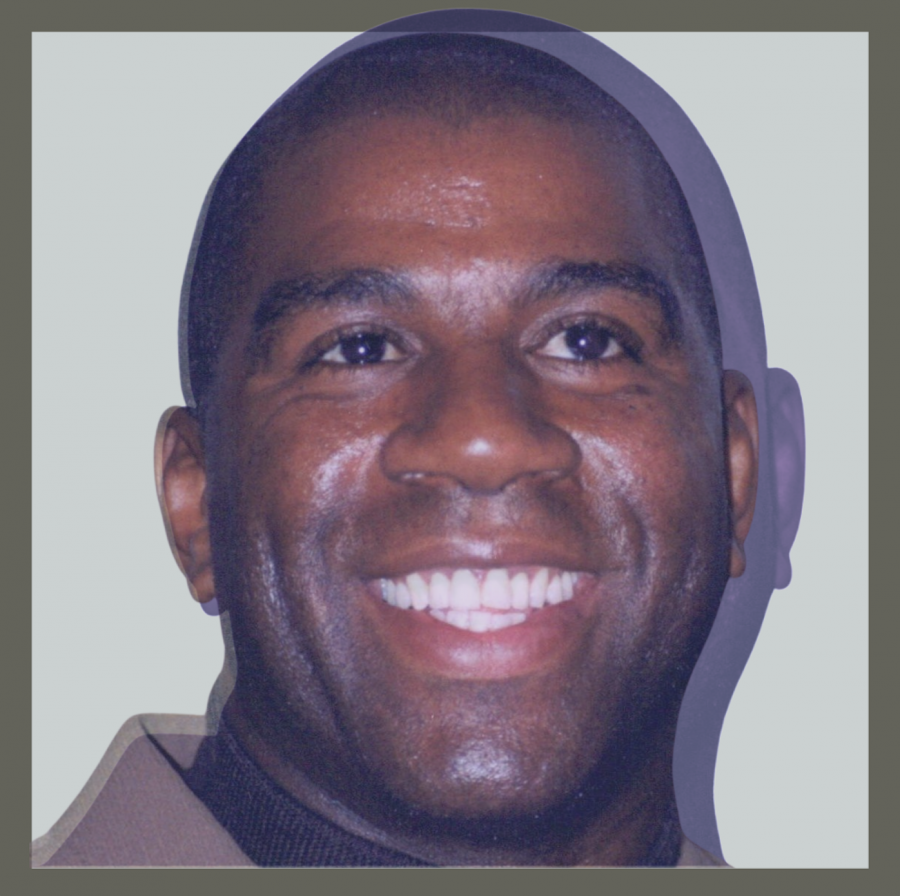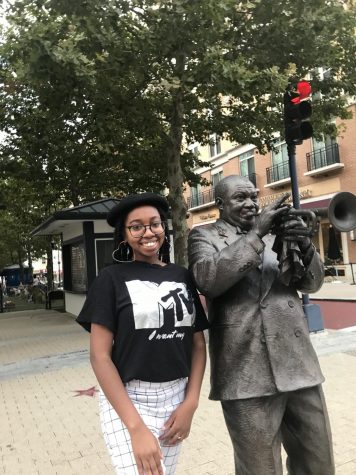Watching Nelson George’s project “The Announcement” with NBA Entertainment in seventh grade taught me tons about consequences.
I thought the film’s primary objective was to take viewers down a historical path concentrating on former NBA superstar Earvin “Magic” Johnson and his abrupt retirement from the Los Angeles Lakers. However, it centered Johnson’s journey to publicly disclosing something extremely personal and the influential aftermath of one press conference that became a cultural phenomenon.
It has now been 30 years since that press conference. On Nov. 7, 1991, Johnson made people stop and stare as he announced his retirement as well as confirmation he contracted the HIV virus at The Forum in Inglewood, California.
Thankfully, it’s been awhile since I’ve walked the halls of middle school but “The Announcement” is still captivating and my favorite documentary. I could say it’s because of my fascination with Johnson’s basketball brilliance in the 1980s and my eagerness to learn more about his story aside from athletics, but I’m obsessed with the film’s beautiful depiction of his road to advocacy while also demonstrating the complexities of public perception.
Examining the deep preparation it takes to make an announcement of this magnitude — Johnson’s retirement coupled with the devastating reasoning behind it and the vastly unknown ways his career and life would change — the film takes viewers on a voyage through the then 32-year-old’s larger-than-life declaration.
Testing positive for HIV in 1991 was widely regarded as a death sentence — meaning fans automatically became terrorized, preparing to watch a beloved sports hero die rapidly and excruciatingly.
Johnson’s announcement officially ended a career that spanned two college seasons at Michigan State and 12 seasons with the Lakers, who drafted him in 1979.
During his time as a versatile point guard, the three-time MVP helped revolutionize the position with incredible passes and court-length drives. Johnson had a surreal ability to know when to shoot and when to pass the ball. His dazzling powers on the court earned him the moniker “Magic.”
Despite his basketball success, charming charisma and dignified 6-foot-9-inch build, Johnson accepted responsibility for his reckless past and handled the dark consequences he faced 30 years ago with grace, courage and even a few appropriate jokes to lighten the awkward atmosphere for everyone.
Nevertheless, Johnson did what he had to do: he forged ahead and deliberately educated the media about a disease most either embarrassingly whispered about or completely ignored, believing — like the superstar himself — it could never happen to them.
“I think sometimes we think, well, only gay people can get it — ‘It’s not going to happen to me,” Johnson shared in his announcement. “And here I am saying that it can happen to anybody, even me, Magic Johnson.”
Arguably, this is what made Johnson a world-changer.
What patterned tie he chose to wear on that nightmarish day was probably among the things Johnson took into consideration before the announcement, but the questions he were to be asked immediately following the breaking news, the headlines of major newspapers and the discourse on every news station for the foreseeable future were all factors that contributed to his overall trepidation viewers could sense.
Johnson defied odds by not just surviving, but by truly prospering for decades to follow. From his stellar MVP performance in the 1992 NBA All-Star Game, his gold-medal winning participation in the U.S. Olympic “Dream Team” later that year and an emotional NBA comeback in 1996, to his remarkable success as a businessman, philanthropist and ambassador in the fight against HIV, Johnson has continued to live up to his nickname.
Similarly and heartbreakingly, throughout the deadly global impacts of the COVID-19 pandemic, many people have been naive and remain uninformed.
With press conferences held by politicians and medical professionals disseminating incessantly changing information about the world as we know it today, it can be overwhelming to stay engaged.
Johnson knew his announcement would be one to remember, obviously. However, the relevance and tenacity of his message are everlasting: you think something couldn’t ever happen to you but it can.
Trinity Bland is a senior studying television, film, media and Spanish. Follow her on Twitter @trinityaliciaa.









